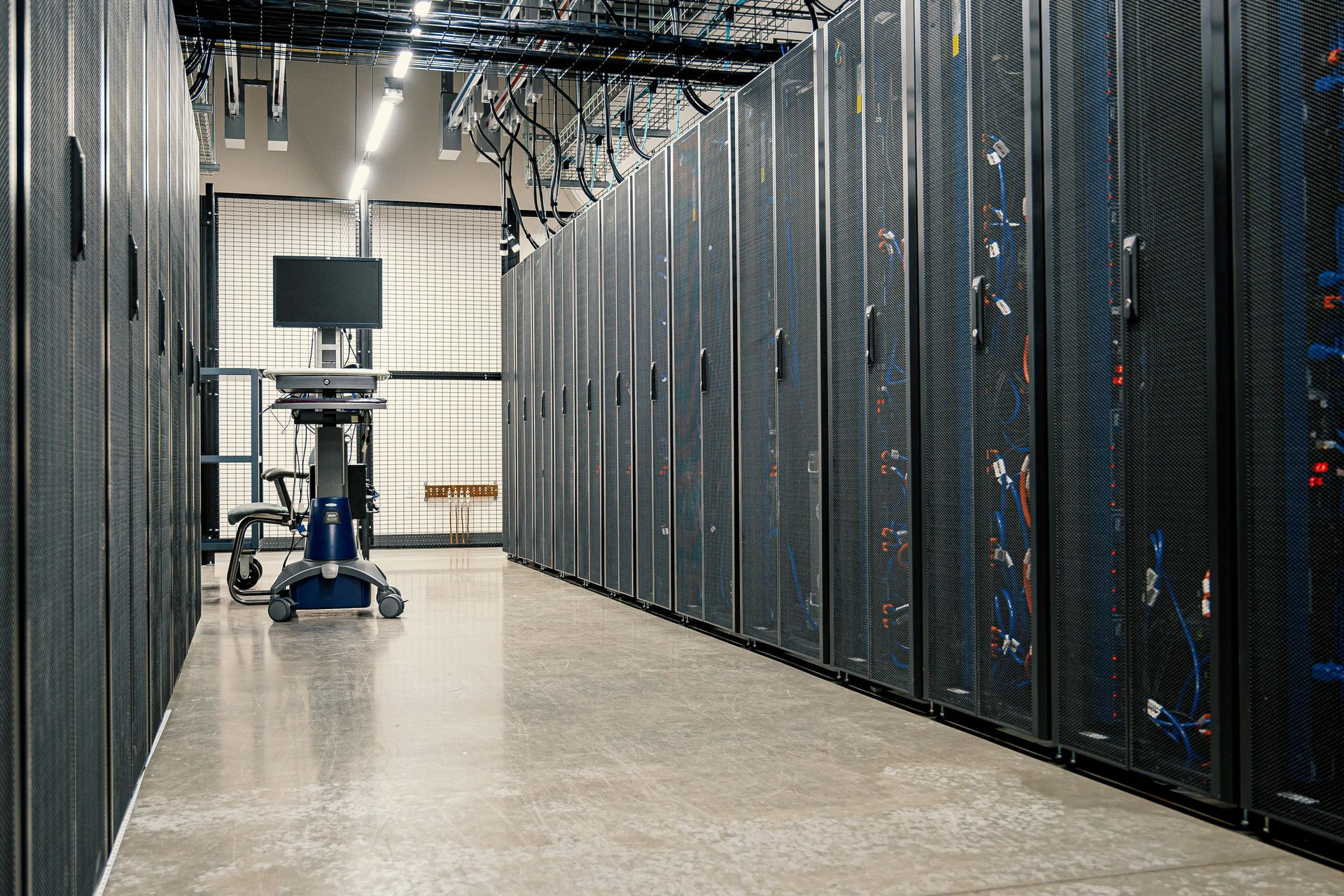Cloud services for small business
Lift your business and accomplish more with less.
Cloud computing for small businesses is cost-effective, scalable and provides easy access to data and apps from any device. It improves collaboration, disaster recovery and reduces the need for in-house IT infrastructure and staff. This saves money and resources for other business operations.
Learn more from this case study from a real NOC Technology cloud services client.
REAL CLIENT TESTIMONIAL
“NOC is an excellent partner to my existing IT staff. They fill in the “gaps” with expertise we don’t necessarily possess and provide a level of service you would expect from large MSPs in Saint Louis. They are constantly innovating and evolving to best meet the needs of their customers, and they do a great job of providing creative solutions at multiple price points.”
Brent Nissen
IT Director
The Magnet Group
NOC TECHNOLOGY Premier Service
The NOC Technology Private Cloud
Our state-of-the-art private cloud is securely hosted onsite in our headquarters and virtually backed up to multiple physical locations throughout the United States. We are usually less expensive than Google cloud and AWS, and if you have questions or need to scale up, you can just call us to make it happen.
How cloud services help you.
Boost Productivity
Boost your organization’s productivity by adding remote access to data & applications, streamlined communications, and simplified collaboration.
Better Data Security
Improve data security with automatic software updates, regular backups, advanced security measures such as encryption, easy disaster recovery, and compliance with regulations.
Reduced Costs
Maintaining onsite data storage is expensive. The cloud can eliminate large capital expenditures and turn them into tax-deductible operating expenditures.
Scalability
Improve scalability by allowing for easy and automatic adjustments to resources such as storage, computing power, and network bandwidth, allowing your businesses to quickly adapt to changing needs.
Less Downtime
Reduce downtime by adding monitoring, automatic updates, backups, security, and continuity plans, allowing for a quick recovery in case of interruption.
Recommended reading







